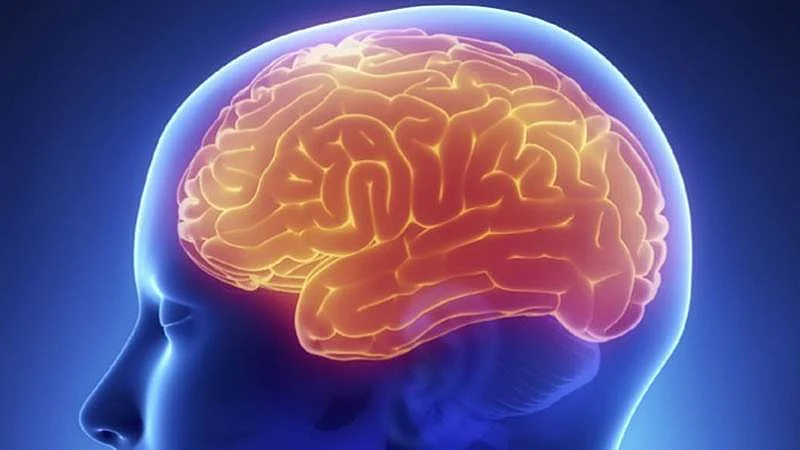Washington: A new study has shown for the first time that the brain is involved in the development of a heart condition called Takotsubo syndrome (TTS). Researchers found that regions of the brain responsible for processing emotions and controlling the unconscious workings of the body, such as heart beat, breathing and digestion, do not communicate with each other as well in TTS patients as in healthy people.
The study saw researchers say that although at this stage, they cannot show that the reduced brain functions definitely cause TTS, their findings suggest that these alterations in the central nervous system may be part of the mechanism involved and they are linked with the onset of TTS in response to stressful or emotional triggers. TTS is also known as ‘broken heart’ syndrome and is characterised by a sudden temporary weakening of the heart muscles that causes the left ventricle of the heart to balloon out at the bottom while the neck remains narrow, creating a shape resembling a Japanese octopus trap, from which it gets its name.
Since this relatively rare condition was first described in 1990, evidence has suggested that it is typically triggered by episodes of severe emotional distress, such as grief, anger or fear, or reactions to happy or joyful events. Patients develop chest pains and breathlessness, and it can lead to heart attacks and death.
Notably, TTS is more common in women with only 10 per cent of cases occurring in men. Professor Christian Templin, principle investigator, said, “We were interested in four specific brain regions that are spatially separate from one another but functionally connected, meaning they share information. We found that TTS patients had decreased communication between brain regions associated with emotional processing and the autonomic nervous system, which controls the unconscious workings of the body, compared to the healthy people.”
He further added, “For the first time, we have identified a correlation between alterations to the functional activity of specific brain regions and TTS, which strongly supports the idea that the brain is involved in the underlying mechanism of TTS. Emotional and physical stress are strongly associated with TTS, and it has been hypothesised that the overstimulation of the autonomic nervous system may lead to TTS events.”






